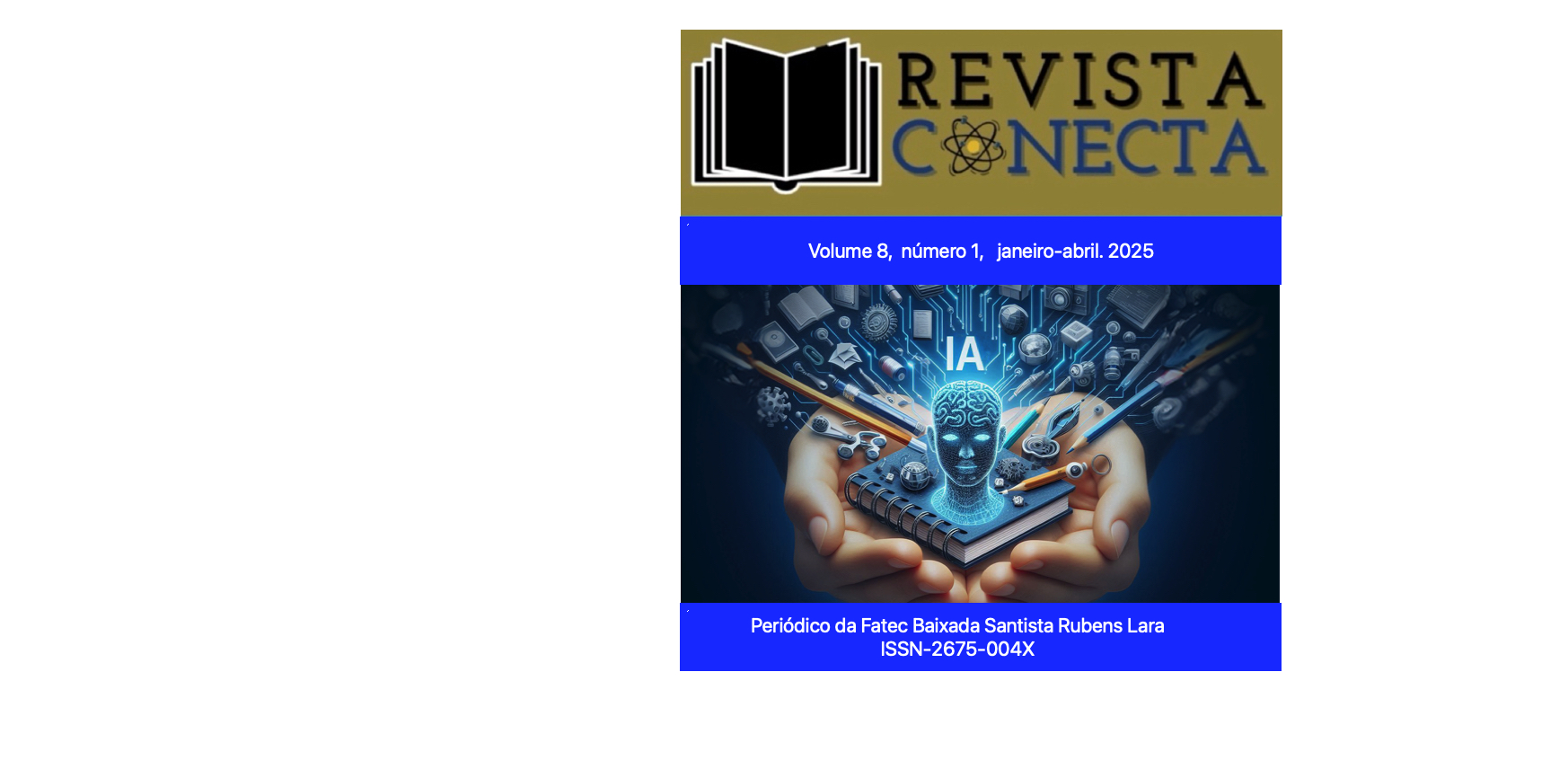Challenges, and opportunities and strategies of the human resources departament in retaining talent in organizations
Keywords:
talent retention; human resources; organizational strategiesAbstract
The study aims to understand the main obstacles faced by companies in implementing effective actions to attract, develop and retain qualified professionals. The research is based on a literature review and a survey research, carried out with 43 professionals from different areas, located in the central region of the State of São Paulo, in order to identify the best practices for talent retention and the main factors that influence the permanence of employees in organizations. Thus, the adoption of effective human resource management strategies, which go beyond simple remuneration, but involve career development, recognition, a positive work environment, and training programs, are essential to ensure the permanence of talent in organizations. The study points out that companies that manage to retain their talent not only save on recruitment and training costs, but also strengthen their organizational culture and ensure the continuity of strategic knowledge within the organization.
Downloads
References
BARUCH, Y. Managing Careers: theory and practice. Ed. Pearson Education, 2004.
CHIAVENATO, I. Gestão de pessoas: o novo papel dos recursos humanos nas organizações. 4° ed. Barueri, SP: Editora Atlas, 2014.
CHIAVENATO, I. Administração de recursos humanos: fundamentos básicos. São Paulo SP: Manole, 2004.
CASCIO W. F. Managing Human Resources: productivity, quality of work life, profits. Editora McGraw-Hill Education, 2018.
COLLINS, J. Feitas para Durar: práticas bem-sucedidas de empresas visionárias. 3ª ed. Editora Elsevier, 2019.
CRESWELL, J. W. Research design: Qualitative, quantitative, and mixed methods approaches (4th ed.). Sage Publications, 2014.
DRUCKER, P. F. Management Challenges for the 21st Century. Ed. HarperCollins, 2008.
GOMES V. R. Gestão e desenvolvimento de pessoas. Centro Universitário Leonardo da Vinci, UNIASSELVI, 2017.
KEVIN K. Employee Engagement 2.0: Como motivar sua equipe para alto desempenho. Editora Kruse Group, 2012.
NOE, R. A. Employee Training and Development. Ed. McGraw-Hill Education, 2017.
OLIVEIRA, D. P. R. Planejamento estratégico: conceitos, metodologias e práticas. São Paulo: Editora Atlas, 2004.
OLIVEIRA, M. Gestão de recursos humanos: Teorias e práticas. Editora Gestão & Negócios, 2021.
PETER C. Why Good People Can't Get Jobs: the skills gap and what companies can do about it. Editora Wharton Digital Press, 2012.
PHILLIPS, J. J., & CONNELL, A. O. (2003). Managing Employee Retention: a strategic accountability approach. Ed. Butterworth-Heinemann, 2003.
ROBBINS S. P; COULTER M. Administração: Mudanças e Perspectivas. Editora Saraiva, 2007.
ROBBINS, S. P.; JUDGE, T. A. Comportamento Organizacional. Editora Pearson, 2017.
ROBBINS. S. P.; JUDGE, T. A. Comportamento Organizacional. 16ª ed. Ed. Pearson, 2019.
RUAS, R.; KAMINSKI, P. C. Gestão estratégica de pessoas: conceitos, técnicas e práticas. Editora Elsevier Brasil, 78-79, 2017.
SILVA A. M.; MARQUES, C. S. Retenção de talentos: estratégias e desafios nas organizações contemporâneas. Revista Gestão & Conexões, 8(3), 19-34, 2019.
SILVA J. Empreendedorismo e Liderança: como alcançar o sucesso organizacional e pessoal. Ed. Business, 2022.
SOUZA J. Remuneração e Benefícios: estratégias para Atração e Retenção de Talentos. Editora Kaiju, 2018.
WILLIAM J. R. Planejamento de sucessão eficaz: garantindo a continuidade da liderança e construindo talentos internos. 6° ed. Editora Amacom, 2005.

Downloads
Published
How to Cite
Issue
Section
License
Copyright (c) 2025 Revista Conecta

This work is licensed under a Creative Commons Attribution 4.0 International License.
Os direitos autorais dos artigos publicados pertencem à Revista Conecta e seguem o padrão Creative Commons (CC BY), que permite o remixe, adaptação e criação de obras derivadas do original, mesmo para fins comerciais. As novas obras devem conter menção ao(s) autor(es) nos créditos.





